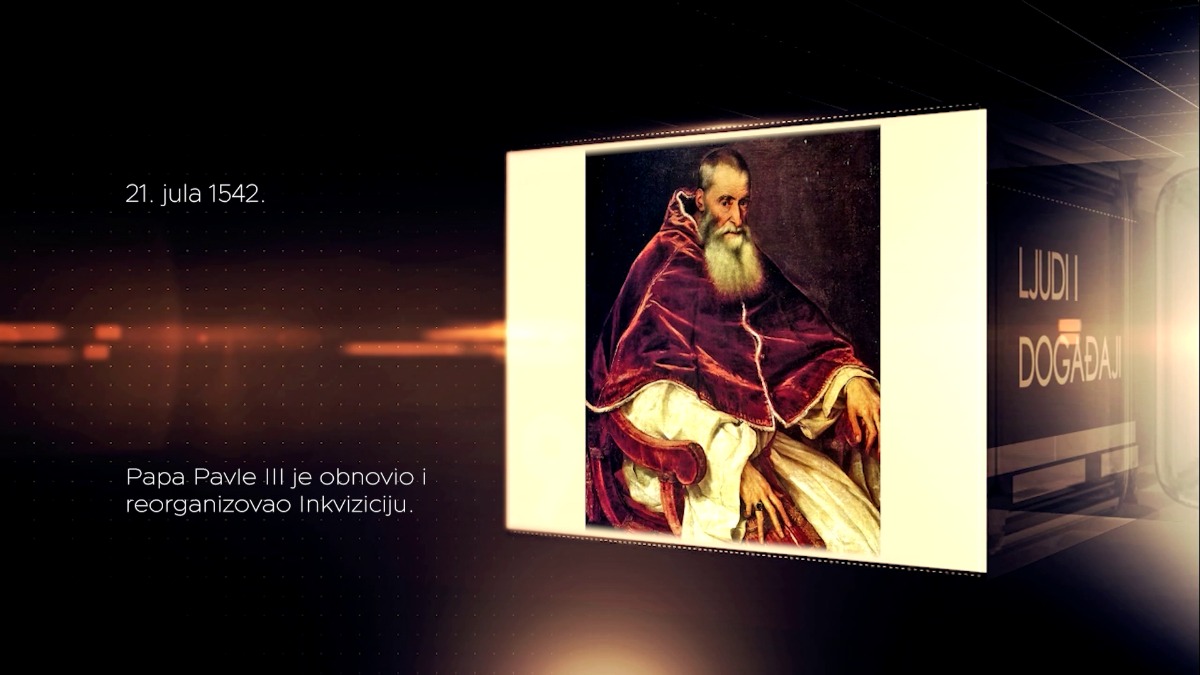Fire, Art, and History: What’s Really Going On with July 19 and 21?
Did you know that on July 19, two-thirds of Rome went up in flames? Yep, back in 64 BCE, a massive fire ravaged the city! Emperor Nero, instead of trying to save Rome, blamed the Christians and kicked off one of the earliest persecutions in history. Was it a convenient scapegoat or cold political calculation? You decide.
But wait, there’s more! July 19 also marks the birthday of Edgar Degas, the French painter and sculptor famous for capturing ballerinas and bathers in motion. His art still wows people today.
In Montenegro, July 19 was a big day too. The citizens of Cetinje decided to establish the Montenegrin Bank, a huge step toward financial independence. The meeting was led by Gavro Vuković and organized by Lazar Mijušković, resulting in a committee to set up the bank. Plus, General Anto Gvozdenović was appointed Montenegro’s ambassador to Washington—a major diplomatic move.
On the same day, the leaders of Yugoslavia, India, and Egypt—Tito, Nehru, and Nasser—signed the Brioni Declaration, kicking off the Non-Aligned Movement. This was a big deal during the Cold War, as these countries tried to stay independent from the big power blocs.
And here’s a juicy tidbit: the 22nd Olympic Games opened in Moscow on July 19. But it wasn’t all gold medals and glory—about 40 countries boycotted the games to protest the Soviet invasion of Afghanistan. The next Olympics in Los Angeles saw a tit-for-tat boycott by Eastern Bloc countries. Sports and politics: a love-hate relationship.
Flip the calendar to July 21, and the drama continues. Pope Paul III revamped the Inquisition, giving it the power to hunt heretics and crush Protestant uprisings in Germany and beyond. Was this the dawn of a dark era or a necessary move to protect church power?
In Montenegro, the general assembly in Cetinje confirmed an alliance with Venice against the Turks, and Vukadin Vukotić was named the first Montenegrin governor. These moves shaped the region’s political landscape.
Culturally, July 21 is the birthday of Ernest Hemingway, the American Nobel Prize-winning author known for classics like “The Old Man and the Sea” and “For Whom the Bell Tolls.” His works still inspire readers worldwide.
And in a dramatic twist, on July 21, Radovan Karadžić, the former leader of Bosnian Serbs, was arrested after 13 years on the run. He was sentenced to 40 years in prison for war crimes—a landmark moment for justice and reconciliation in the Balkans.
Bottom line?
July 19 and 21 are packed with history’s biggest hits: massive fires, artistic geniuses, political alliances, wars, justice, and culture. History isn’t just old news—it’s alive, messy, and sometimes downright wild.
Made it this far? Got a favorite event or hot take on these days? Drop a comment, share your thoughts, or just say who’s the biggest hero and who’s the biggest flop. Don’t be shy—history loves a good debate!
Source: RTCG – Radio Television of Montenegro








